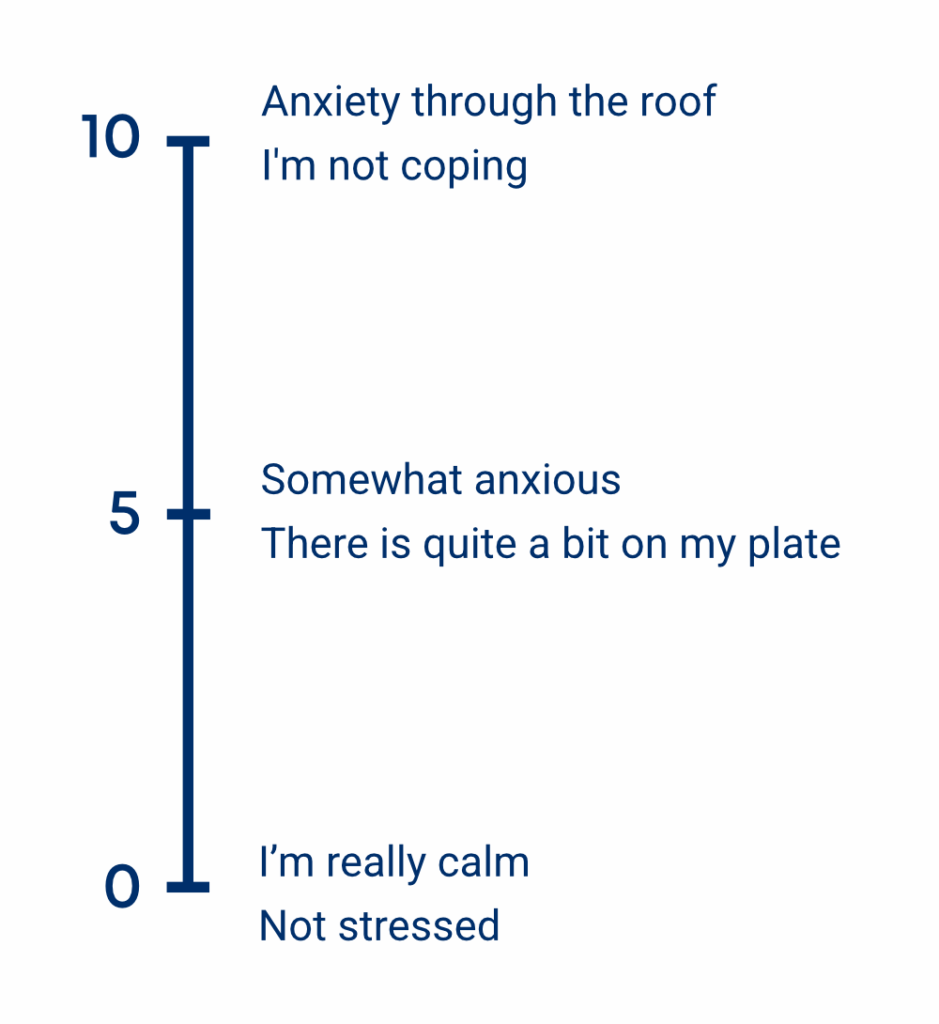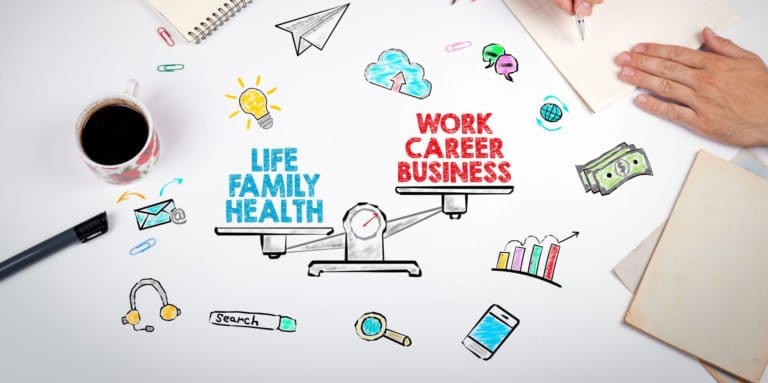It’s Okay To Not Be Okay On ‘R U OK Day’
Let’s all do more to raise mental health awareness, and promote discussions about how we are ‘travelling’ with the people around us. Maybe you have noticed a change in a friend or a loved one that sparks an invitation to ask the questions ‘R U OK?’
R U OK Day is a fantastic initiative to help have those discussions, but for some people, it can be very difficult to be honest and say ‘no, I am not OK.’
Isn’t it interesting, that culturally, we often greet someone by saying ‘hi, how are you?’. Then we respond with ‘good, how are you?’. We already ask these questions on a day-to-day basis. However, we’ve also been conditioned to respond in a way that indicates everything is fine.
We are often so busy in life, that we don’t give ourselves time to consider our own emotional wellbeing. Given all these opportunities to have discussions about mental health, it’s surprising how we often ignore these chances for real reflection on the self. These moments also provide an opportunity for a friend or colleague to open up about their own mental health.
A way of assessing stress and anxiety
For some, R U OK Day provides a chance to stop, and reflect on how they’re travelling emotionally and mentally.
As mental health workers, we often use simple scales as a way of assessing stress and anxiety.
Take a moment, and consider where you might be on this scale.

This scale is designed to assess the relative amount of emotional stress we experience on a daily basis. We all have a different threshold for stress and anxiety. So, it is important to understand that your ‘5’ or ‘10’ on this scale may look very different to someone else’s.
Being able to recognise your current stress level is the first step in recovering or maintaining our mental health. So while you evaluate your own stress level, ask yourself, ‘When is the time to say I’m not okay?’.
Again, this point is different for everyone.
You might not feel comfortable sharing with people that you are not okay, and that’s your decision. You shouldn’t feel shamed into acknowledging you might need help. If you’re asking the question, it’s also important to recognise that some people just aren’t comfortable opening up and saying they’re not okay.
Sometimes we need a small reminder that it’s okay to not be okay. R U OK Day is an excellent opportunity to have open discussions about mental health. It encourages people to reflect on their own mental health. And to acknowledge that sometimes, they may not be okay.
Safe Place Therapy is your safe place to talk
Photo by Dheeraj Gopinath on Unsplash.



